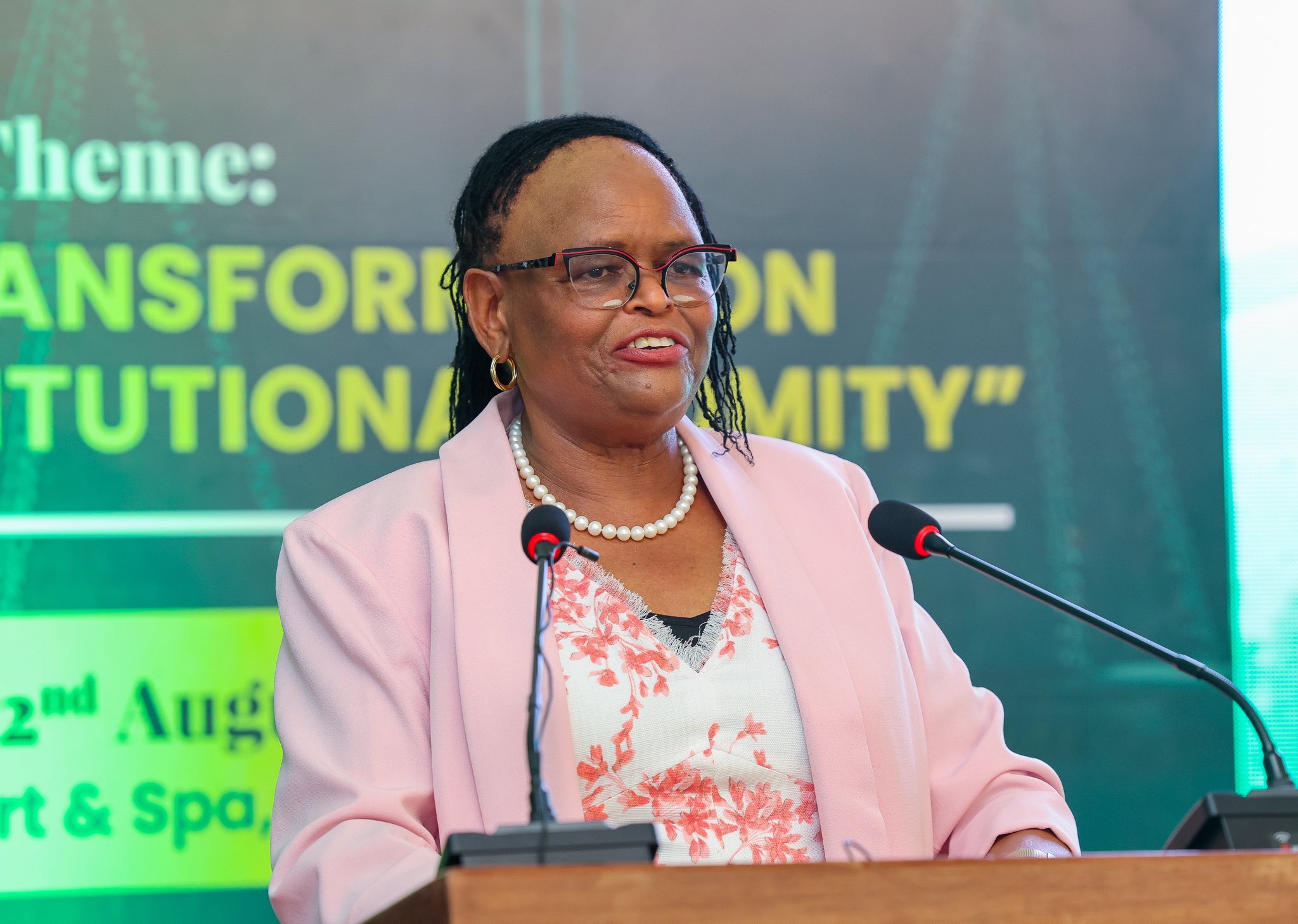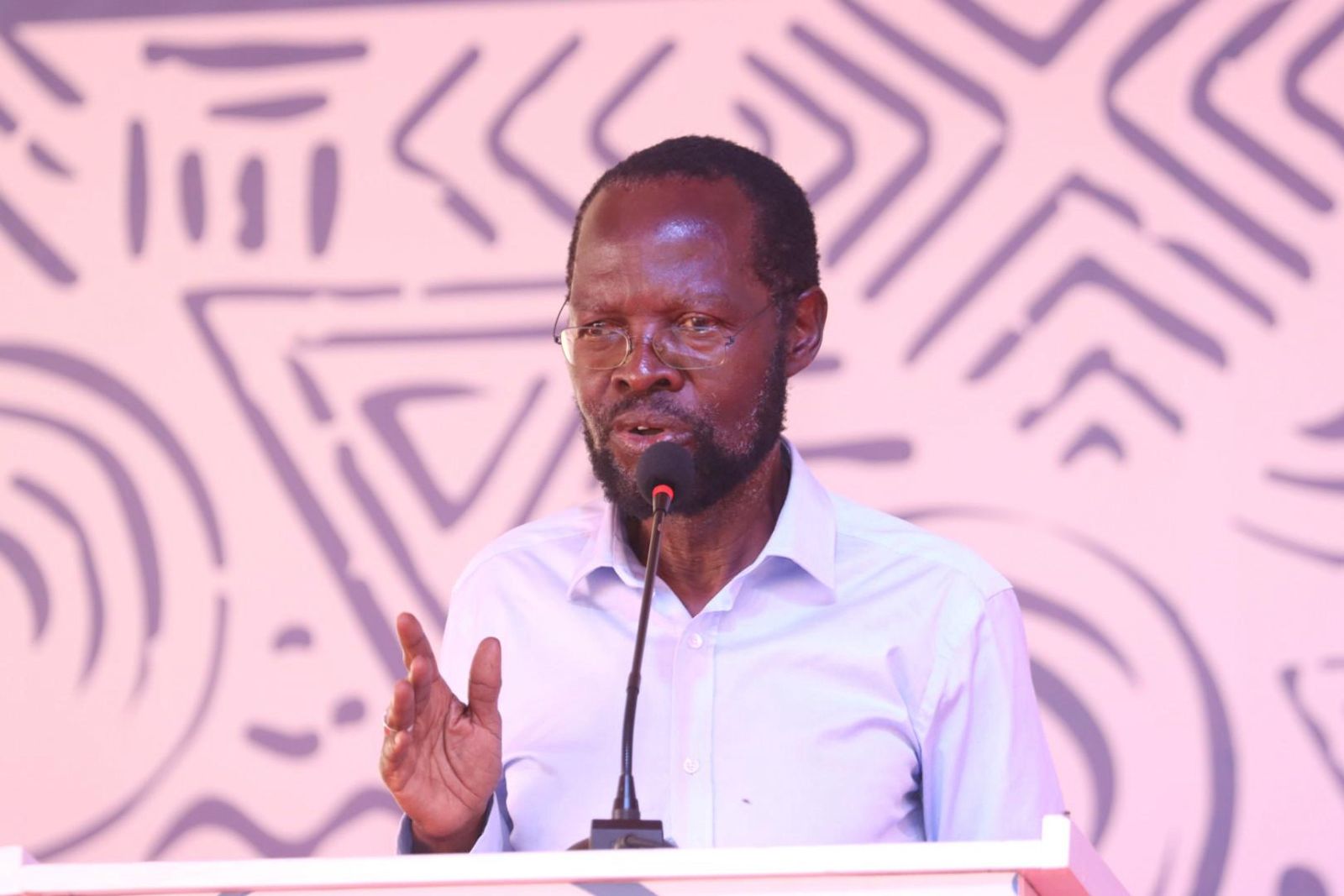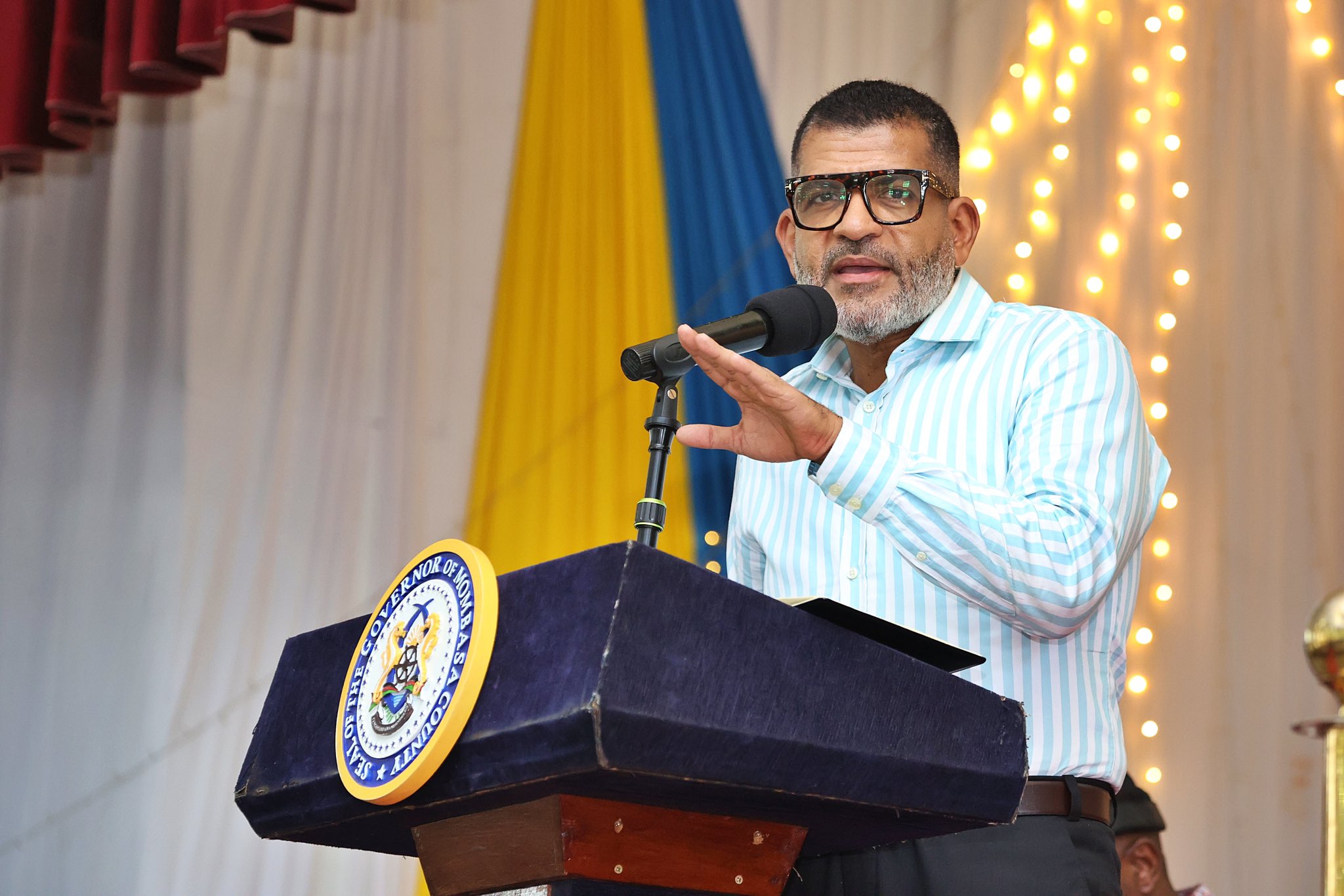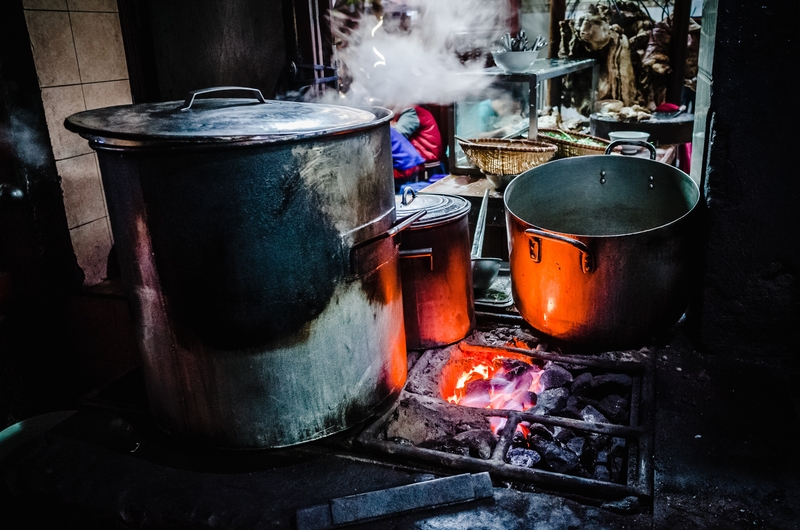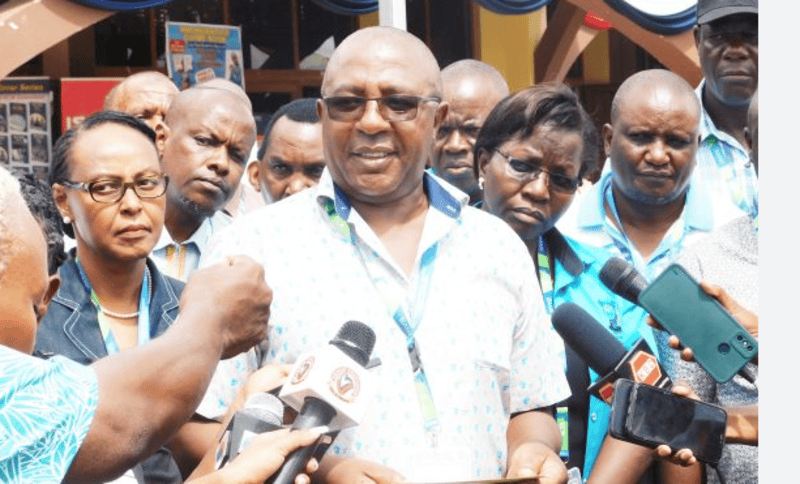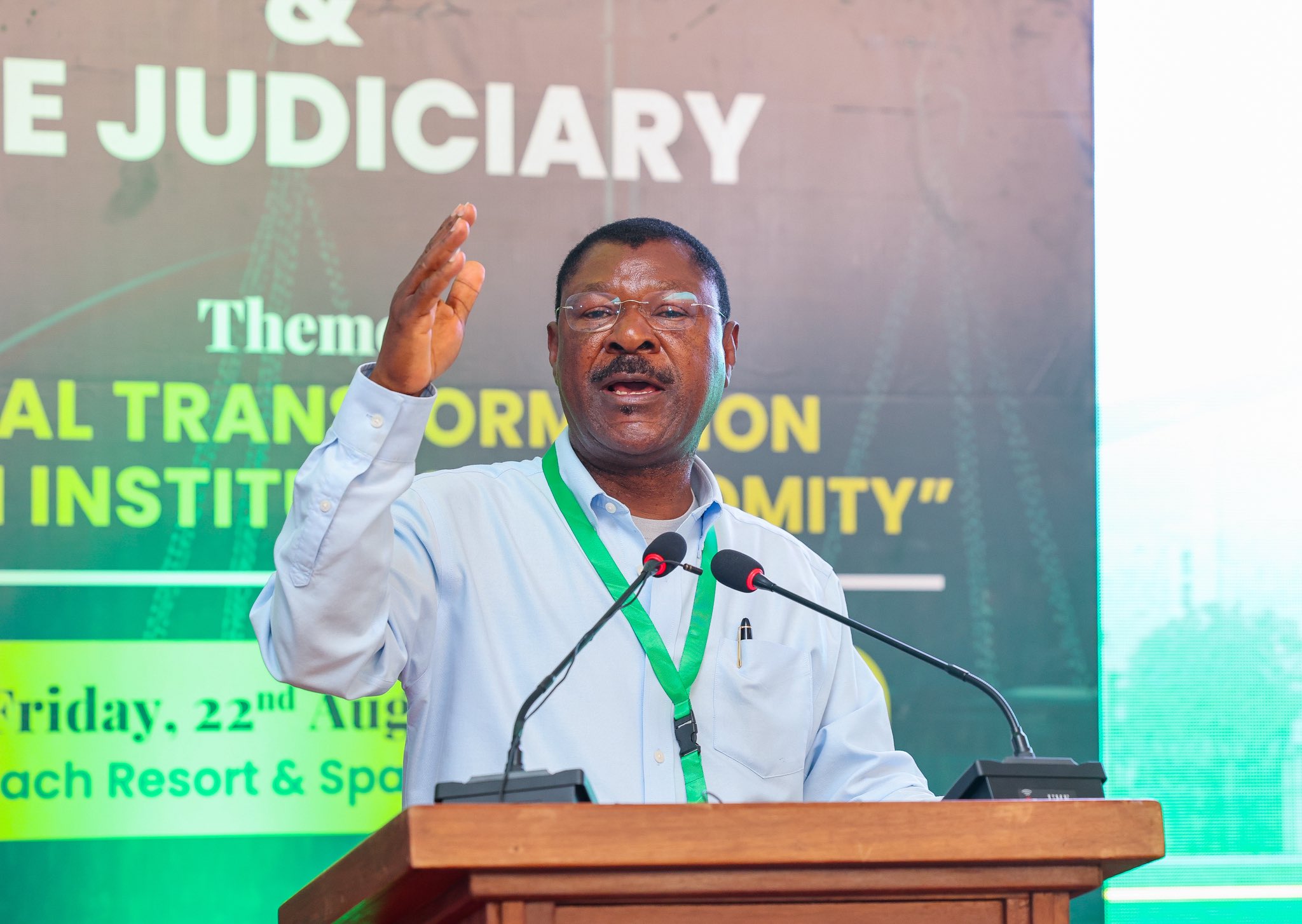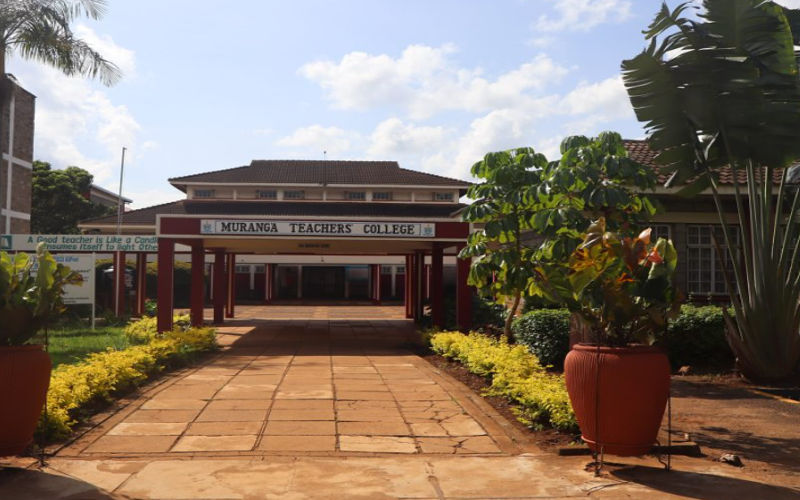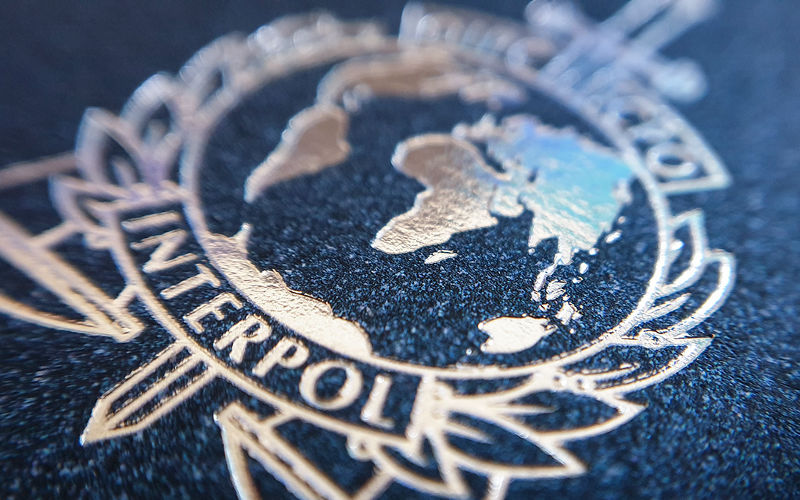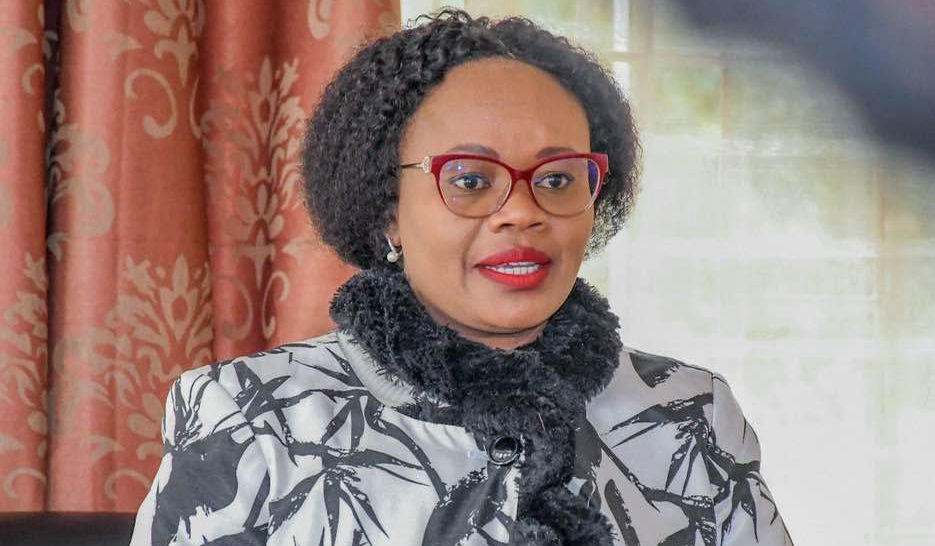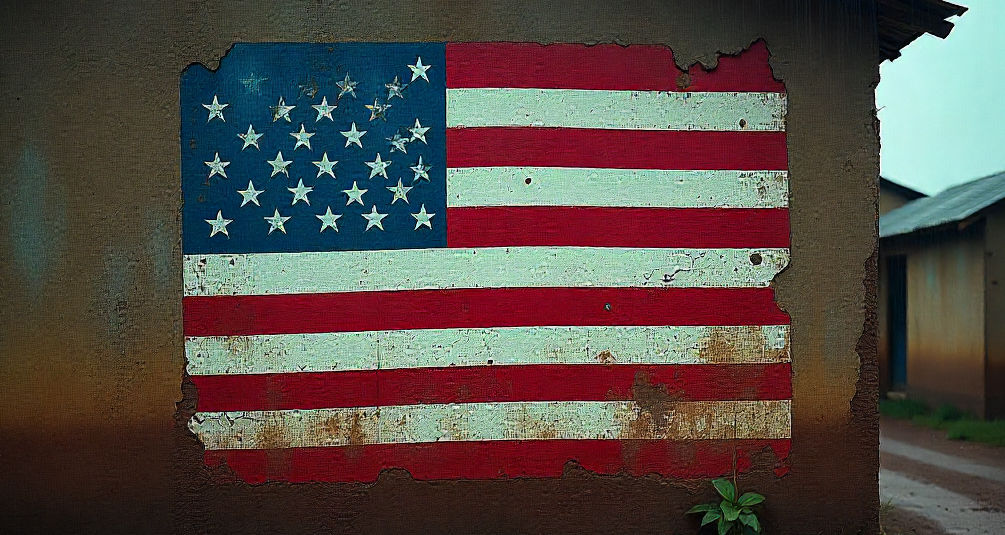Saba Saba legacy faces new test as police lock down Nairobi against Gen Z protests
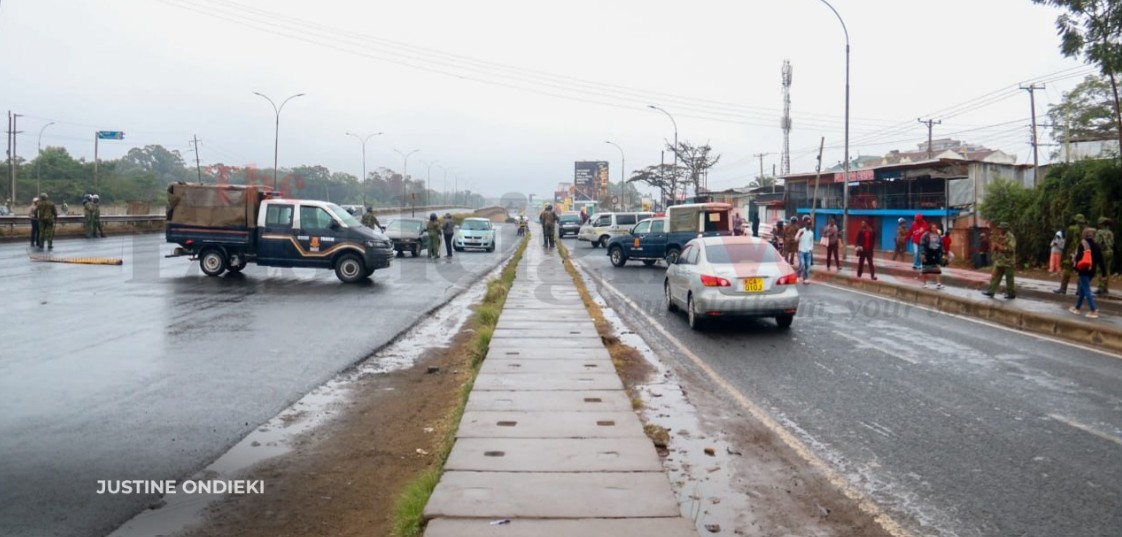
As early as 5 a.m., police sealed off all roads leading to Nairobi’s city centre, erecting barricades and roadblocks that disrupted public transport and forced many commuters to walk into town.
A cold, overcast morning welcomed Nairobi residents on Monday as the country prepared to commemorate Saba Saba Day.
However, it was the sweeping security lockdown—not the gloomy weather—that dominated the day, rendering the city’s central business district nearly inaccessible.
More To Read
- Treasury reports fastest tax growth in two years amid July protests
- US report raises alarm over deterioration of human rights in Kenya
- Five Kenyans sue IG Douglas Kanja, top security chiefs over protest violence inaction
- Ruto announces 120-day compensation framework for protest victims
- Interior CS Kipchumba Murkomen slams LSK for 'backing violent protest suspects over victims'
- New book on connecting with Gen Z offers insightful lessons
As early as 5 am, police sealed off all roads leading to Nairobi’s city centre, erecting barricades and roadblocks that disrupted public transport and forced many commuters to walk into town.
Long-distance buses and private vehicles were also turned away at key junctions across the city.
At the Roysambu Roundabout on Thika Road, police fully blocked access, stranding passengers and prompting some to walk to their destinations. A similar scene unfolded at the Allsops junction, where roadblocks severely restricted traffic flow.
On Waiyaki Way in Kangemi, police officers had mounted heavy barricades.
Sealed off
Four police vehicles were used to completely seal off the Kangemi Bridge, preventing all traffic, including long-distance buses from entering the city. The buses were seen dropping off passengers at the barricade, with none being allowed through, not even journalists.
Vehicles heading into the Nairobi CBD through Ngong Road were also blocked at The Junction Mall, while Uhuru Highway was sealed off at The Mall in Westlands.
Other key roads such as Valley Road (blocked at the DOD), State House Road (at Integrity Centre), Mombasa Road (at GM), and Thika Road (at Pangani) were also cut off by police barricades.
A heavy police presence was also observed at Nyayo Stadium junction, Pangani, Kenyatta Hospital roundabout, and roads leading to State House.
Outside Kabete Police Station, long-distance buses could be seen parked after being stopped from proceeding towards the Nairobi CBD. Even as early as 6 am, stranded commuters had begun gathering at the roadblocks.
The developments follow Sunday evening incidents in Mombasa, where hundreds of youth returning to Nairobi from the Summer Tides Festival in Diani were stopped by police at the Dongo Kundu Bypass. Authorities reportedly feared they were travelling to participate in the Saba Saba protests.
Train service cancelled
Further complicating matters, Kenya Railways on Sunday night announced the cancellation of the 10 pm Madaraka Express train from Mombasa to Nairobi, citing a “technical fault.” The last-minute move left many passengers stranded at the Mombasa Terminus without alternative arrangements or clear communication.
On Sunday evening, Interior Cabinet Secretary Kipchumba Murkomen urged police to treat citizens respectfully but warned that officers would respond firmly to acts of violence or looting during the protests.
“Let’s not criminalise peaceful protests but anyone who destroys property will be dealt with firmly,” he said during an event in Meru.
Meanwhile, Moses Kuria, an economic advisor to President William Ruto, posted a provocative warning to potential demonstrators in a tweet shared early Monday morning.
“If you destroy property, I will turn you into Kachumbari and stew,” he said.
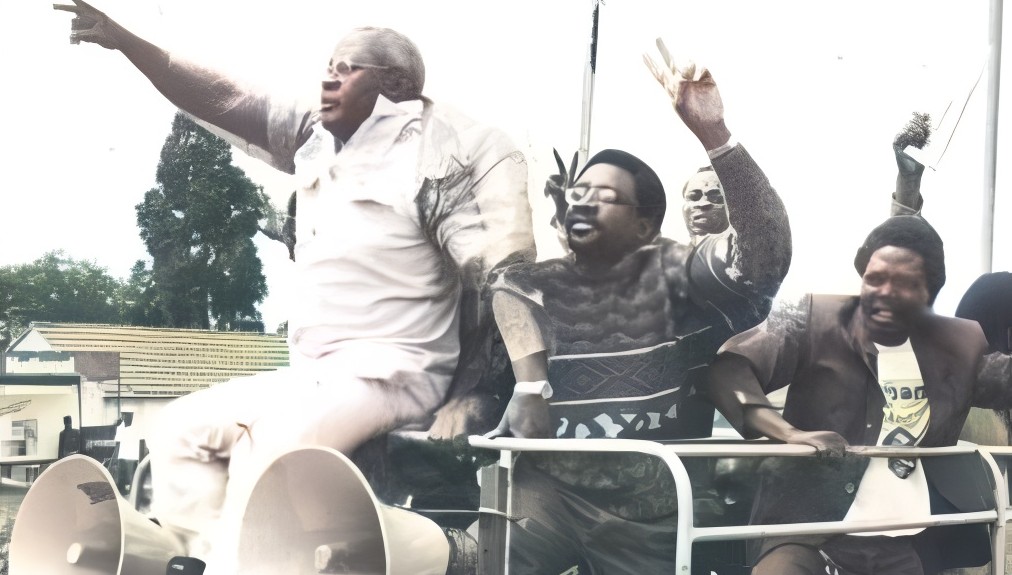 Martin Shikuku, James Orengo and other leaders when they staged the first Saba Saba protest on July 7, 1990. (Photo: Courtesy)
Martin Shikuku, James Orengo and other leaders when they staged the first Saba Saba protest on July 7, 1990. (Photo: Courtesy)
Multiparty democracy
Saba Saba commemorates the 1990 mass protests against the late former President Daniel arap Moi’s regime, during which Kenyans demanded the introduction of multiparty democracy. The day has since become symbolic of peaceful civic action and resistance.
This year’s protests are being led by a new wave of youth activists—commonly known as Gen Z—who have grown increasingly disillusioned with Kenya’s political leadership.
They are taking to the streets to protest what they see as a broken system, marked by police brutality, abductions, and extrajudicial killings.
Their anger has been fuelled by last year’s anti-Finance Bill demonstrations, during which several young protesters were abducted and others lost their lives.
Former Prime Minister Raila Odinga, a key figure in the original Saba Saba movement and among the “Young Turks” who challenged the Moi government in 1990, had announced on Sunday that he would be addressing the public at Kamukunji Grounds to commemorate the day.
He lamented that the true meaning of Saba Saba has been diluted by some politicians seeking personal gain.
“Kamukunji has a very historical meaning. If you want to remember Saba Saba, then go to Kamukunji. If we are talking about protesting, where is it going to start and end? Let us go to Kamukunji and remember the rights of those who died fighting for the people,” he said.
Top Stories Today

